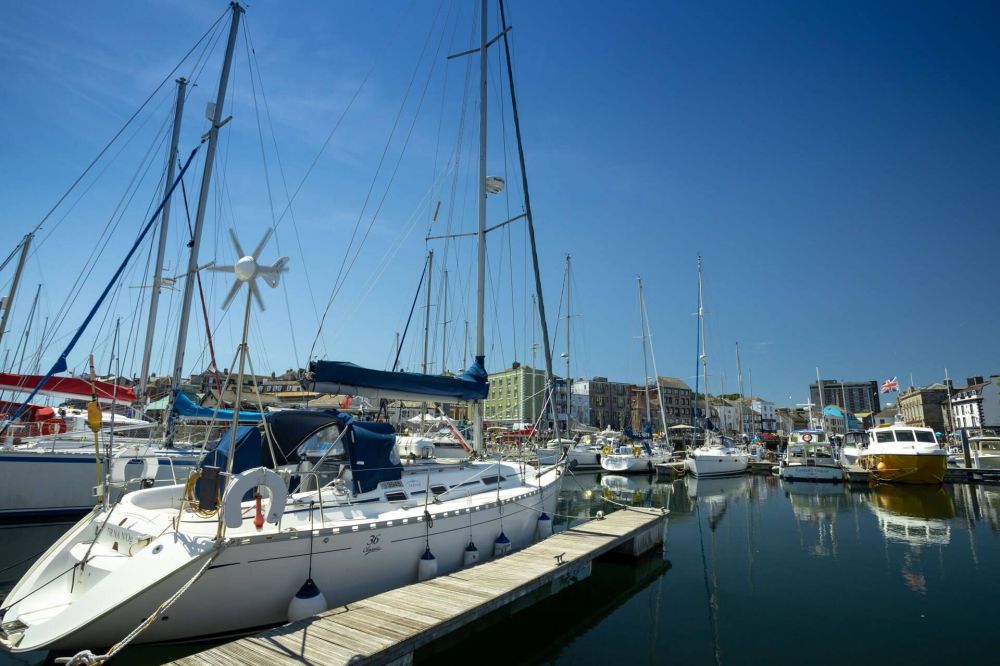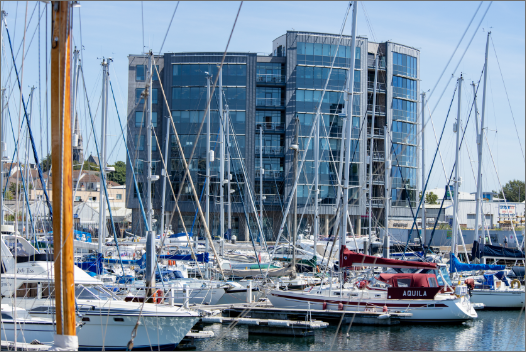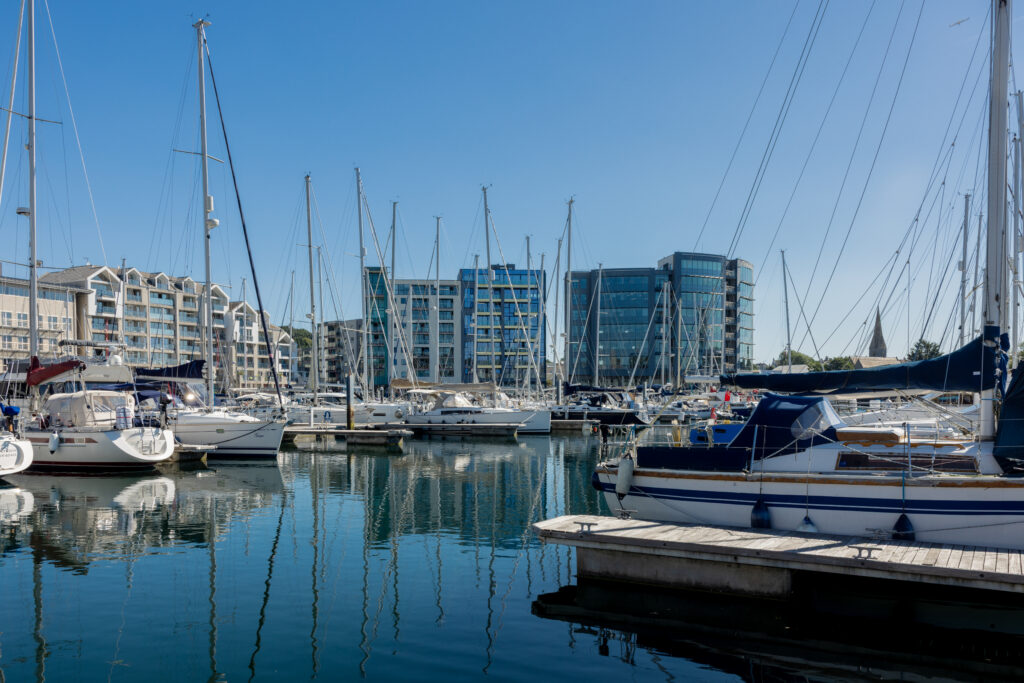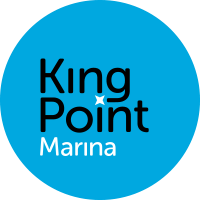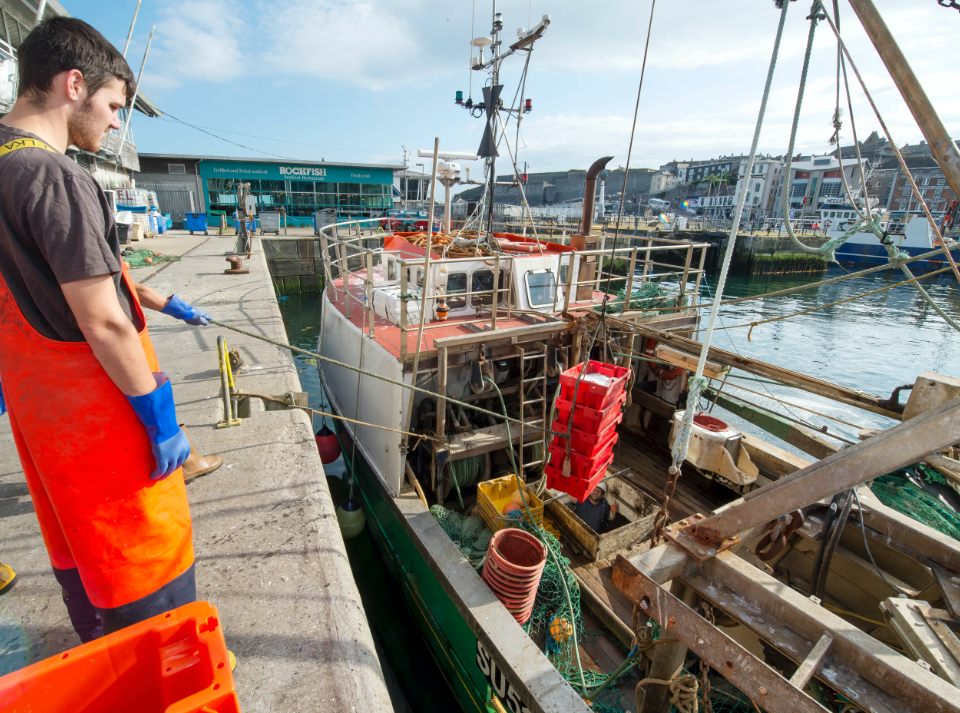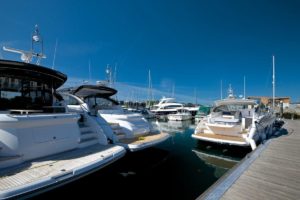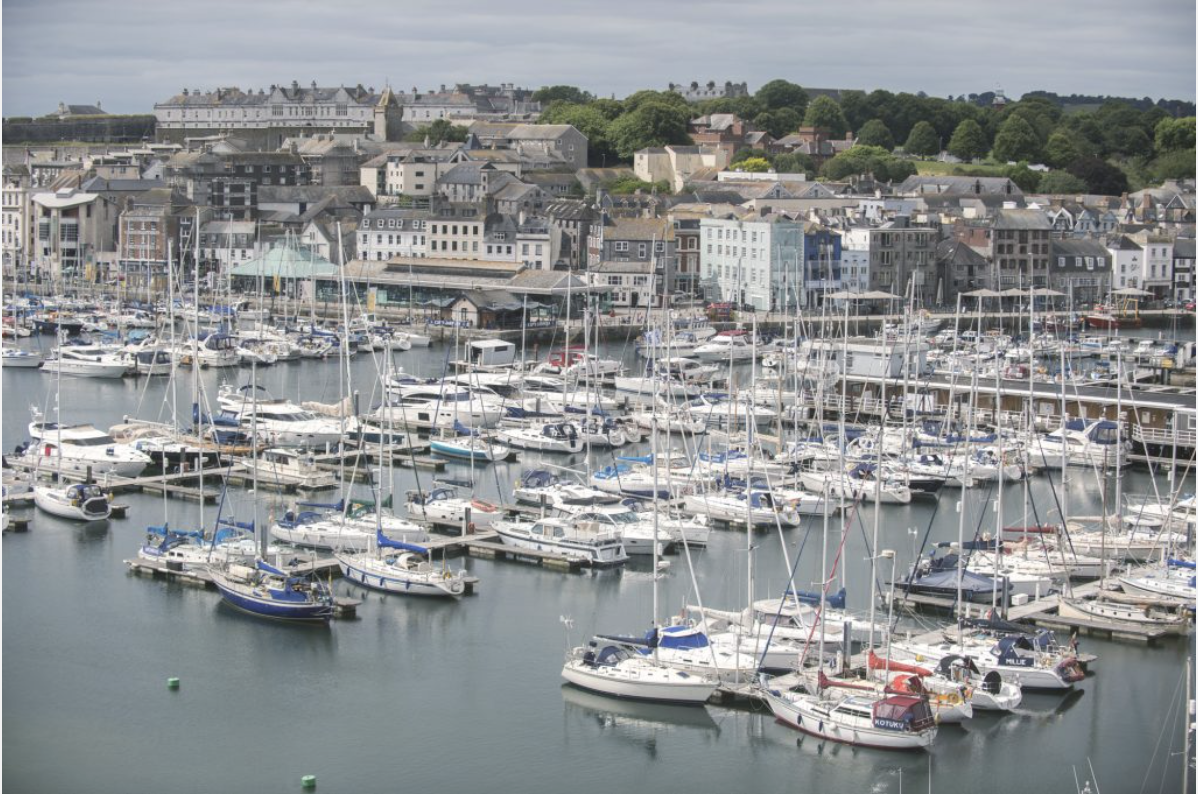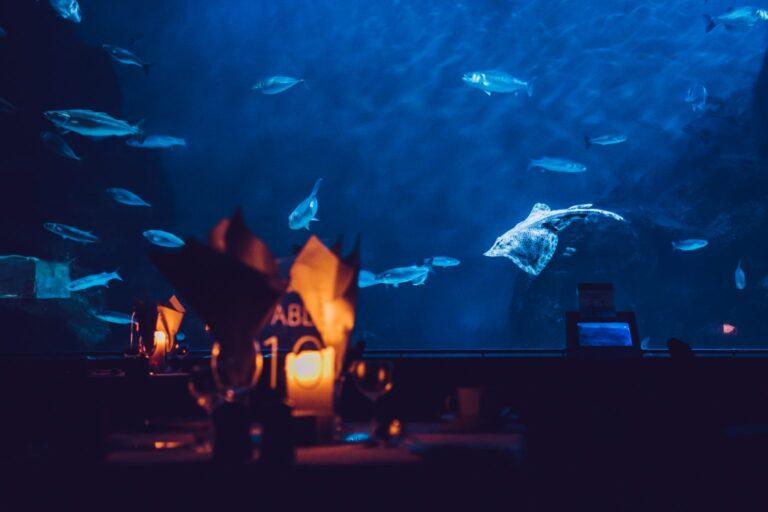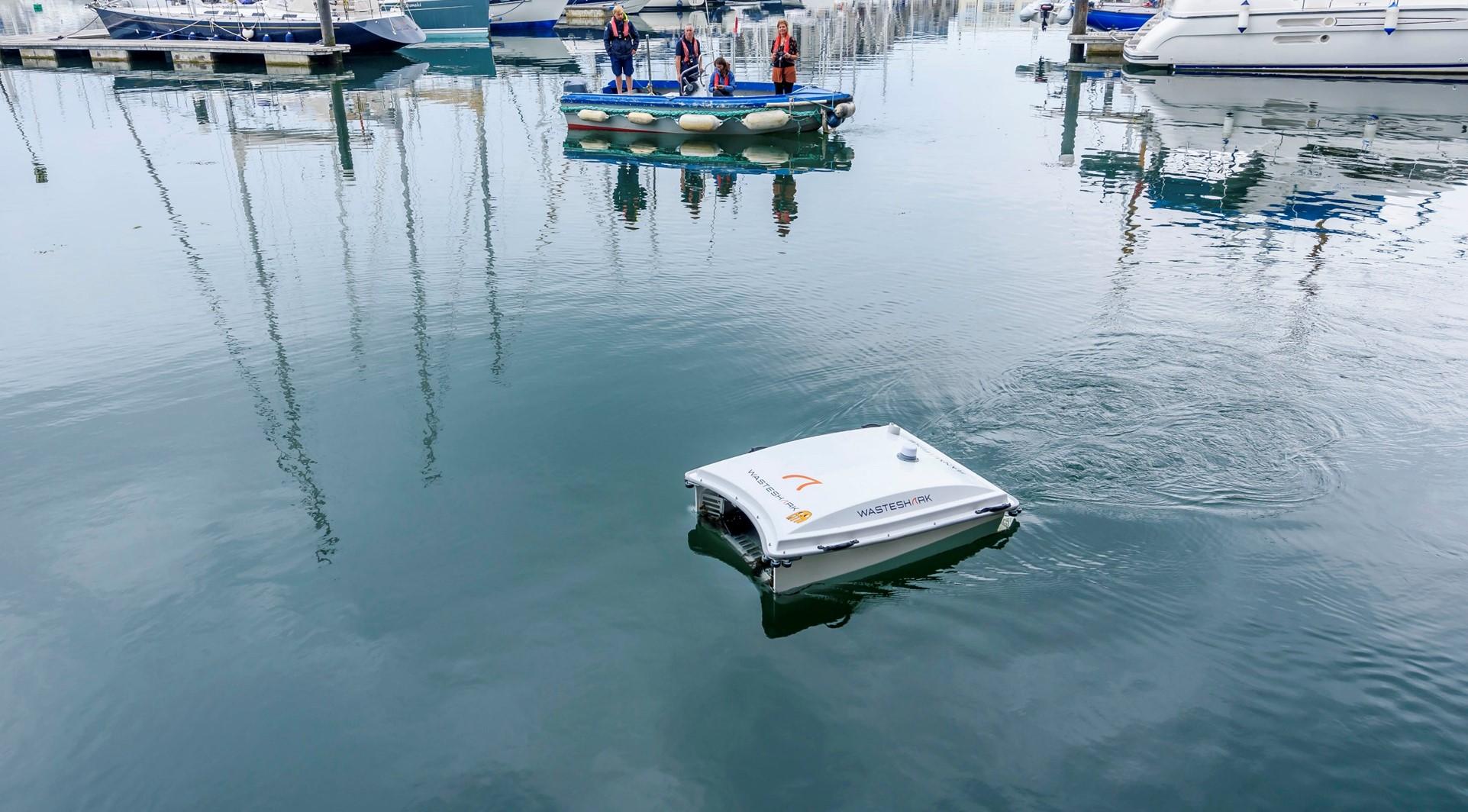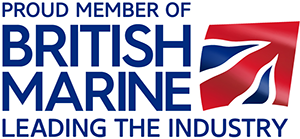A “shark” has been spotted in Sutton Harbour, but there is no concern for safety, as the state-of-the-art Remote Operated Vehicle (ROV) is being trialed to clear litter and debris from the water.
Working as part of the Preventing Plastic Pollution project, Sutton Harbour Group has teamed up with Plymouth City Council and University of Plymouth to survey the harbour water’s surface and for the ‘Waste Shark’ to gobble up rubbish to keep the sea clean.
These manually operated vehicles are part of the work aimed at contributing to Plymouth’s efforts surrounding the city’s wider Climate Emergency Action Plan and the teams are working in collaboration with local robotics and artificial intelligence experts MSUBS and Marina AI.
Trials are being carried out in Sutton Harbour, as well as nearby Cattewater and Turnchapel and will concentrate on where plastic waste and other forms of litter are collecting.
In addition to the ‘Waste Shark’, Sutton Harbour already deploys a dedicated litter boat, operated by the company to survey and sweep the harbour several times a day, helping to clean up rubbish thrown into the water from the Barbican and quayside.
Harbour Master for Sutton Harbour Group, Mark Veale, said: “We are pleased to welcome the Waste Shark trials to Sutton Harbour and to be a part of Plymouth’s efforts to reduce plastic pollution in our waters. We already spend a great deal of time and money on keeping Sutton Harbour clean and this is a great addition to the overall efforts.
“Being Britain’s Ocean City, it is vital that we do all we can to minimise the impacts of climate change and keep our oceans safe and clean for marine life, the local community and our visitors.”
As well as the remote-controlled version of Waste Shark, experts behind the technology, Ranmarine, also offer their customers an autonomous model which can operate independently by using a pre-determined or planned route.
Councillor James Stoneman, Plymouth City Council Cabinet member for Climate Change, said: “I’m really pleased to see the waste shark trial continue in another area of our National Marine Park. One piece of plastic pollution in our waters is one piece too many so we must do all we can to ensure that our waters are as clean as possible and as hospitable to wildlife as they are to people.”
Partners involved with the Waste Shark projects will be collaborating on their findings to work together at reducing the level of plastic pollution in Plymouth’s waters.

